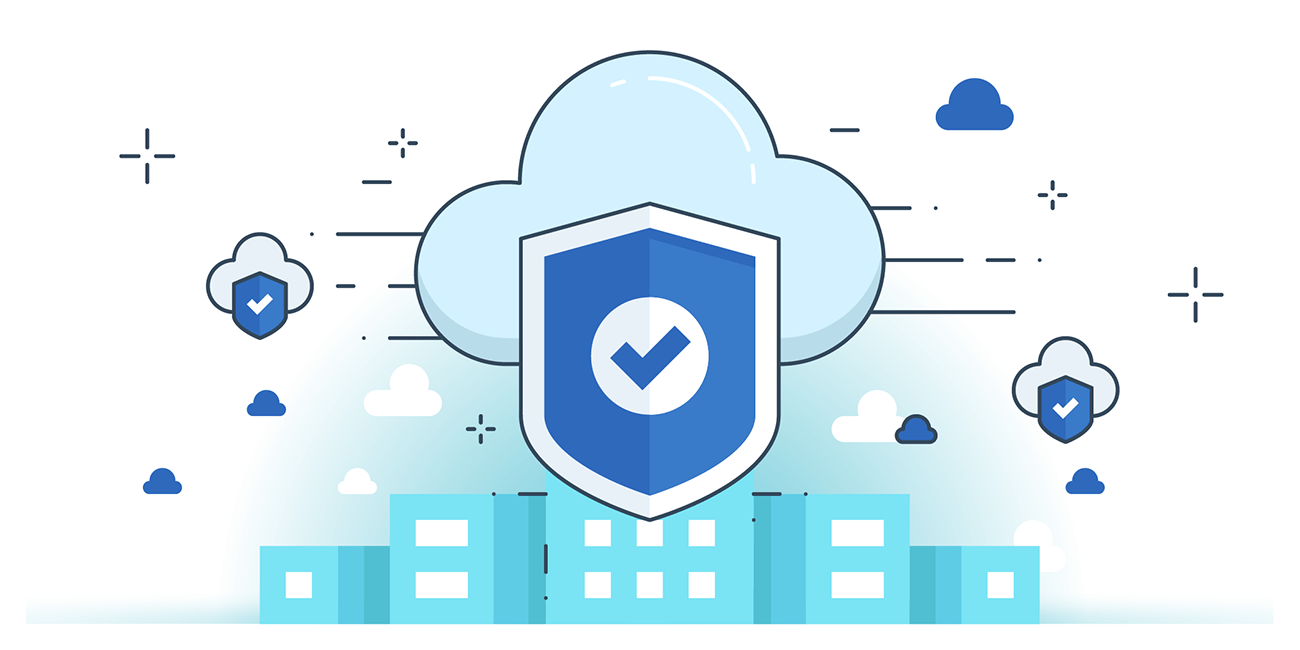Since its inception in 2008, cloud computing has sparked lively debate among Information Technology (IT) practitioners and scholars. The phrase “cloud computing” is still being defined and subject to interpretation, as no one interpretation has acquired enough popularity to be termed a standard.
The definition published by NIST is one of the most extensively used references in the Cloud Computing field. Researchers describe cloud computing as a methodology that permits the use of on-demand networks and customizable computer resources) with little administration effort and interaction with service providers. There are three types of cloud computing service models: SaaS (Software as a Service), PaaS (Platform as a Service), and IaaS (Infrastructure as a Service) (Infrastructure as a Service). Because there is a shared obligation between CSP and cloud users, all services required a security architecture that encapsulated the delivery.
Cloud security, also known as cloud computing security, is a set of security measures meant to secure cloud-based infrastructure, applications, and data. These procedures provide user and device authentication, data and resource access management, and data privacy protection. They also help with regulatory compliance. Because most businesses now use cloud computing in some way or another, cloud security is crucial. According to Gartner, the global market for public cloud services would grow 17 percent by 2020, with software as a service (SaaS) maintaining the largest market segment. However, as firms shift more data and apps to the cloud, IT professionals are concerned about security, governance, and compliance challenges when their electronic data is kept in the cloud.
They are concerned that extremely sensitive corporate information and intellectual property may be compromised as a result of unintentional leaks or more sophisticated cyber assaults.
Indonesia, being a rising economy, is likewise influenced by the cloud computing frenzy. Some businesses market themselves as cloud computing providers. However, it is unknown how widely cloud computing is being used.
There is little information available about the launch and adoption, the major players and the triggering factors of their business expansion as cloud service providers, the cloud business models that have been adopted, and the benefits and challenges of providing cloud services to Indonesian customers. Several professional publications, such as personal websites, blogs, discussion forums, and online or printed news media, provide an uncertain view of these concerns.
The Indonesian cloud service industry is in its early stages, but it has enormous potential to develop and bring value to the economy. It is now one of the APAC region’s fastest-growing markets, with a predicted CAGR of 25% over the next five years, from US$0.2 billion in 2018 to US$0.8 billion in 2023. (See Exhibit 17). Because of these promising development potentials, several of the world’s top cloud service providers are contemplating establishing cloud regions within its boundaries. The SaaS and IaaS models now dominate the public cloud industry, but PaaS is predicted to be the fastest expanding category between now and 2023, with a CAGR of 25%. There are several benefits for businesses in Indonesia to deploy cloud security in their organizations:
- Increase organizational flexibility: Popular cloud providers have a highly flexible licensing scheme that allows businesses to add or remove licenses as needed to expand and contract. In many cases, they may also be added fairly rapidly, allowing for rapid growth (which is simply not possible with on-premises technology). As an extra bonus, this resource provisioning can often be done programmatically, thus human interaction is not necessarily necessary.
- Increase data security: When separating physical systems from your workplace, you eliminate the possibility of their being tampered with – no one in your company has direct access to the devices. Furthermore, because they do not have the infrastructure constraints that a conventional corporation has, cloud providers will constantly maintain their technology up to date, patched, and backed up. This is an important part of maintaining excellent security.
- Enhance disaster recovery: With a secure cloud, you can simply back up and retrieve crucial data in the case of a calamity at your office locations. Because there is no need to physically connect to a network, remote workers may accomplish the same. Furthermore, this reduces some of the hazards associated with a lost or stolen device because administrators may instantly cancel the device’s access and avoid data loss.
- The key drivers driving this expansion are digital native firms, which are gaining popularity from media companies, financial institutions, retailers, and huge family-run enterprises.
Cloud services take businesses to the next level: next-level customer service via improved data collection and storage, next-level flexibility through remote working and rapid scaling, next-level comfort through networked systems with quick file and data exchange, and so on. However, owing to the hazards of misconfiguration and the ever-present threat of cyber thieves, every company’s cloud infrastructure must be safe to function properly.
This is where cloud security comes into play. With cloud security, you can improve the security of your digital assets while also mitigating the risks associated with human error, lowering the possibility that your business will suffer a costly loss because of an avoidable breach.




